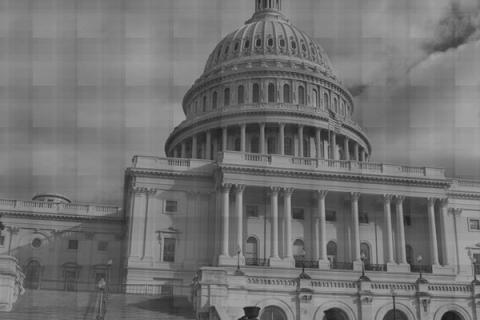
The future of how Californians register to vote, and if they vote, will be in the hands of the next Secretary of State. Debra Bowen, the current Secretary of State, ends her term following next November's election. Meanwhile, five candidates have entered the race to replace her. One of which is Derek Cressman, former Vice President of State Operations for Common Cause, answered some questions on the future of the office.
In a crowded Democratic field, Cressman is up against State Senators Alex Padilla (D-Pacoima) and Leland Yee (D-San Francisco). Pete Peterson, the executive director of Public Engagement and Civic Leadership at Pepperdine University, is the sole Republican in the race.
The CA State Auditor released a report last week, requested by Sen. Padilla, wherein $26 million in federally appropriated (HAVA) funds went to waste over the last decade.
A primary issue facing the SOS lies in California's CalVoter registration system. Multiple roadblocks have prevented the state from modernizing its voting systems capabilities, Cressman says he has the solution.
"We have a temporary solution that compiles 58 county databases but doesn’t function as a true statewide database could and should. Implementing a new VoteCal program must be a priority for the next Secretary... We need VoteCal in order to fully implement policies that have already been passed by the legislature such as Same Day Voter Registration and pre-registration of High School students."
Apart from VoteCal, Cressman charted a course for improved voter engagement and education, which dropped nearly 30 percent from 2008 to 2012.
"In surveys, many non-voters say they lack the information they need to cast smart votes. California should upgrade its newsprint Voters Guide to a digital format that includes candidate videos, debate footage, and campaign finance analysis to provide voters with a one-stop website and smartphone app to learn about candidates and ballot measures."
One topic that has gotten little traction in the media is online voting. Cressman was skeptical of the short-term applications, "It’s irresponsible to promise that on-line voting will be implemented under the next Secretary’s four year term." He added, "While research should continue, there remain serious challenges about security, denial of service attacks, universal broadband access, and the ability to conduct audits and recounts."
California's voting infrastructure has made some progress since $380 million was allocated to the state following the 2000 election. Yet today's infrastructure remains unreliable.
California needs to prioritize technology projects like VoteCal, upgrading our on-line campaign finance disclosure system which crashed for three weeks in 2010, and implementing an automated business registration system before we move to on-line voting.
One hundred and thirty one million dollars remain in unused HAVA funds but it is possible that additional support will be necessary to renovate aging systems and streamline regulations. VoteCal is slated to cost an additional $98.2 million.
